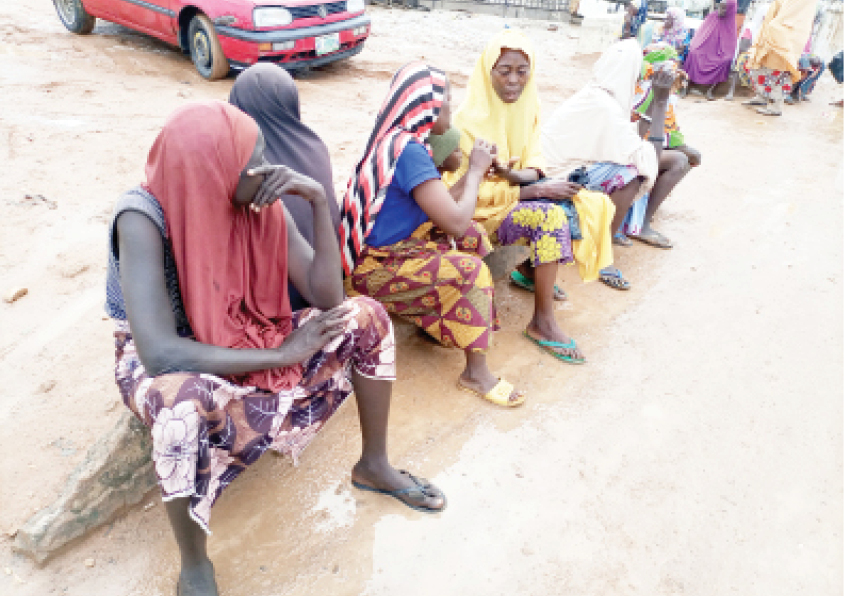The Federal Capital Territory Administration (FCTA) on Sunday repatriated 217 destitute and street beggars evacuated from the street of the Federal Capital City, Abuja.
Alhaji Sani Amar-Rabe, Director, Department of Social Welfare Services, Social Development Secretariat (SDS) of the FCTA, made the disclosure in an interview with the News Agency of Nigeria (NAN), at the FCT Vocational and Rehabilitation Centre in Bwari Area Council.
The director spoke to NAN shortly after dispatching officials of the department to transport the destitute and beggars to their respective states.
He explained that the repatriation was in compliance with the order by the FCT Minister of State, Dr Ramatu Aliyu, and the Permanent Secretary, FCTA, Mr Olusade Adesola, who instructed the department of social welfare services to rid the city of human and environmental nuisances.
- How I lost millions trying to have a collabo with Nicki Minaj — Iyanya
- Drug trafficking: Prophetess, celebrity couple, wanted for recruiting teenage girls — NDLEA
He stated that it was the responsibility of the FCTA to ensure that those evacuated from the streets were repatriated to their various states.
“We are here in respect of repatriation of the apprehended destitute, street baggers, street boys and vagabonds who were profiled, their health challenges were equally attended to and they show no interest in learning vocational skills.
“They only show interest to be out to be attended to what they consider to be a liberty sort of, to continue doing their destitution.
“But those who have a good mindset, embrace skills acquisition for empowerment. So, that is the purpose of our coming to this centre today.
“Today, we don’t have many; they are just 217 beggars and street boys that are to be repatriated, mostly to Katsina, Kaduna, Niger, Jigawa, Kano, Zamfara, Sokoto and Kebbi states.
“And this time around we have some from Abia, Imo and Delta states.”
Amar-Rabe revealed that the FCT Minister of State, Aliyu, had been in contact with some of the state governments through their Liaison Offices to ensure that the affected states were more responsive in addressing and managing the repatriated destitute and beggars.

 Join Daily Trust WhatsApp Community For Quick Access To News and Happenings Around You.
Join Daily Trust WhatsApp Community For Quick Access To News and Happenings Around You.


